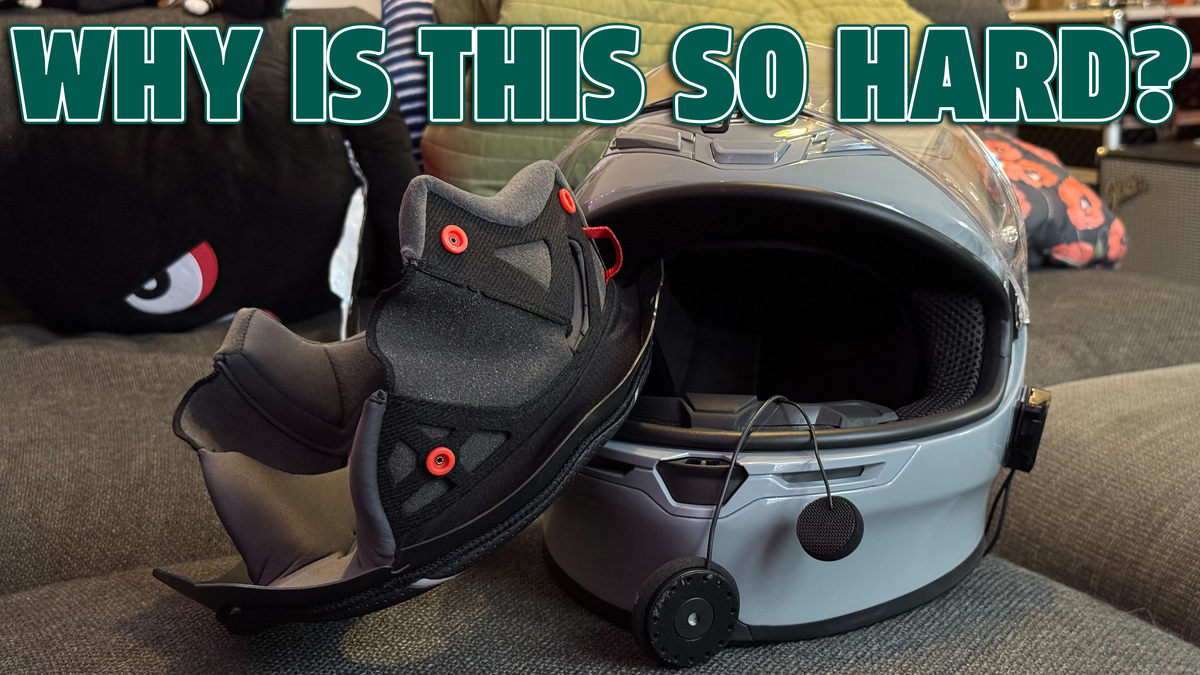On Sunday, Romanians vote in crucial parliamentary elections, with polls showing hard-right parties on track to bag a third of the ballots, riding on the momentum created by Georgescu who surged in the polls out of nowhere last Sunday to secure a shock win.
The stakes are high. An outright victory for the far-right presidential hopeful, an admirer of Russian President Vladimir Putin and staunch euroskeptic, would shatter Romania’s image as a reliable NATO ally and EU member in southeastern Europe at a time when the bloc is facing the war in Ukraine raging at its border and the return of U.S. President-elect Donald Trump.
In Belgium, 51 percent of Romanians cast their ballots for the far-right presidential candidate in last Sunday’s election. Now, voters there are “very likely” to back him again in the runoff scheduled for Dec. 8, said Oana Zamfir, director of the Bucharest-based GlobalFocus Center think tank.
The result reflects a broader pattern globally. Outside Romania, 43 percent of voters opted for Georgescu, who topped the polls in the U.K., France, Germany and Italy. His main rival for the presidency, the liberal Elena Lasconi, took just 27 percent of the vote abroad.
Partly, that’s because the diaspora are “very frustrated with the fact that they had to build a life elsewhere, very much idealizing their home country and seeing it as prisoner to a political class that’s inept and has not been able to create the conditions for them to stay home,” she said.
Anti-system feeling
In Belgium, where Romanians make up the country’s second largest immigrant population, voters opted for Georgescu partly because of a feeling of abandonment by the state, according to Daria Pîrvu, a project expert at the ROMBEL non-profit organization, which hosts discussion groups and provides practical information to the Romanians in Belgium.







